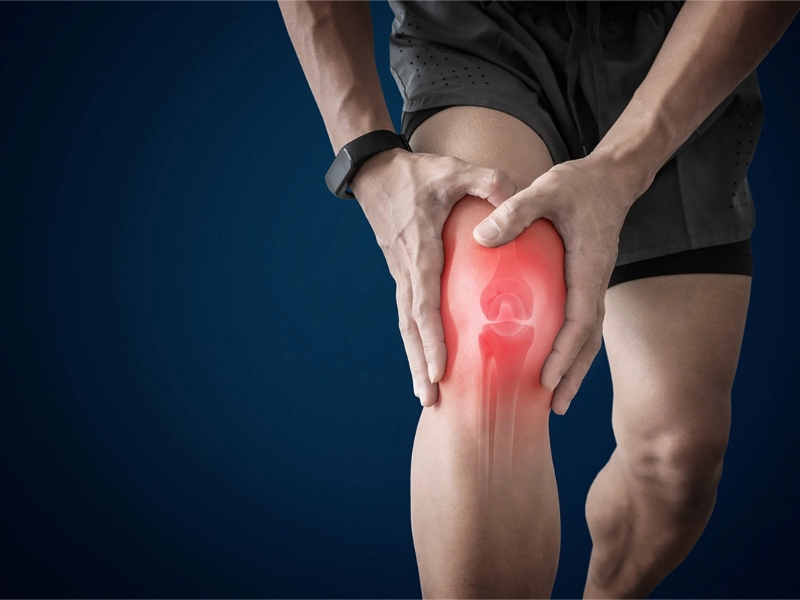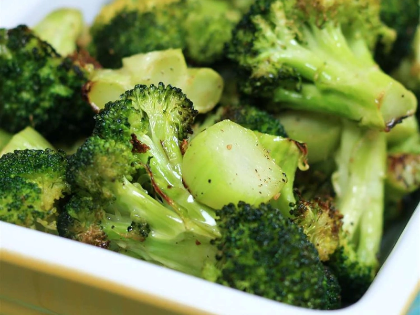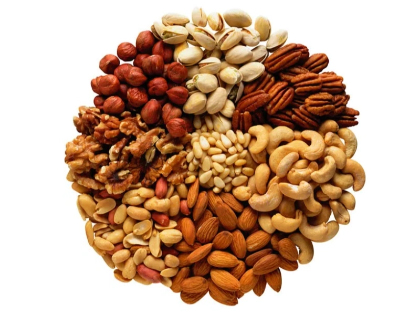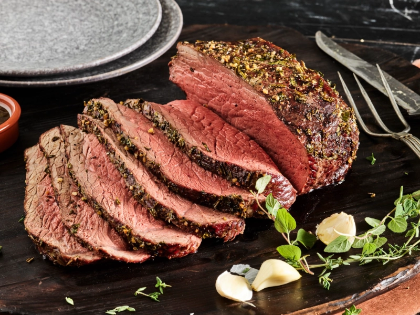Vitamin E and Arthritis: Potential Anti-Inflammatory Effects
One well-known antioxidant that helps to preserve general health is vitamin E. Its possible anti-inflammatory properties have drawn interest especially in regard to arthritis, a disorder typified by joint inflammation and discomfort. The relationship between vitamin E and arthritis is investigated in this paper, with particular attention on how this vital nutrient might help patients with this chronic illness have better quality of life and lessen symptoms. Knowing the processes behind the benefits of vitamin E helps people choose their diets to support healthier joint condition.
Acknowledging Arthritis and Its Difficulties

The general term "arthritis" refers to several disorders that induce inflammation of the joints, therefore generating pain, stiffness, and limited motion. Two most often occurring forms are rheumatoid arthritis and osteoarthritis. Whereas rheumatoid arthritis is an autoimmune condition whereby the body assaults its own joint tissues, osteoarthritis is mostly caused by wear and tear on the joints over time. Both diseases can seriously affect daily living and make it challenging to enjoy physical exercise and complete regular chores. A main component of arthritis, inflammation causes joint destruction and aggravation of symptoms. When the immune system responds to an infection or injury, it causes inflammation that in disorders like arthritis can become chronic. Apart from causing discomfort, this continuous inflammation might result in more degradation of joint tissues. For those with arthritis, then, controlling inflammation is vital; vitamin E may be a useful strategy for lowering this inflammation and enhancing general joint performance.
Vitamin E's Antioxidant Characteristics

A fat-soluble antioxidant, vitamin E guards against oxidative stress brought on by free radicals in cells. Unstable chemicals, free radicals can harm cells and aggravate inflammation. Vitamin E may lessen inflammation in the body and reduce oxidative stress by neutralising these damaging chemicals. For those with arthritis, this quality makes vitamin E a useful nutrient. Studies show that vitamin E can stop pro-inflammatory cytokine synthesis, which are signalling molecules aggravating inflammation. Through adjusting the immune response, vitamin E could assist to reduce the too strong inflammation linked with arthritis. This antioxidant action emphasises the need of vitamin E in maintaining joint integrity and maybe relieving arthritic symptoms. Including foods high in vitamin E can offer a natural approach to fight inflammation and enhance general health.
Dietary sources of vitamin E

Since vitamin E is present in many foods, including your diet is really easy. Among the best sources are vegetable oils, seeds, and nuts. Especially heavy in vitamin E are almonds, sunflower seeds, hazelnuts, and spinach. These foods enhance general health by means of a balanced diet that combines vital nutrients. Supplements are available for those who might find it difficult to satisfy their vitamin E demands with diet just. Before beginning any supplements, though, it is advisable to see a healthcare practitioner since too high a vitamin E intake might cause side effects. Usually the best way to maintain joint health and general well-being is a balanced diet including a range of foods high in vitamin E. Those who choose their food deliberately can increase their consumption of this vital nutrient.
Information about Vitamin E and Arthritis Research
 Many research have looked at how vitamin E might help those with arthritis. Among people with rheumatoid arthritis, several studies indicate that vitamin E supplements could help to lower joint pain and increase physical ability. Higher vitamin E consumers in one study reported decreased pain and stiffness, suggesting a probable relationship between vitamin E intake and better symptoms.
Although the results are encouraging, vitamin E should not be considered as a stand-alone arthritis treatment recommendation. Rather, it should be taken into account as part of a whole strategy for treating the disorder, maybe including lifestyle changes, physical therapy, and medications. To completely grasp the processes behind vitamin E's effects on arthritis and to determine ideal dosages for therapeutic advantage, more study is required.
Many research have looked at how vitamin E might help those with arthritis. Among people with rheumatoid arthritis, several studies indicate that vitamin E supplements could help to lower joint pain and increase physical ability. Higher vitamin E consumers in one study reported decreased pain and stiffness, suggesting a probable relationship between vitamin E intake and better symptoms.
Although the results are encouraging, vitamin E should not be considered as a stand-alone arthritis treatment recommendation. Rather, it should be taken into account as part of a whole strategy for treating the disorder, maybe including lifestyle changes, physical therapy, and medications. To completely grasp the processes behind vitamin E's effects on arthritis and to determine ideal dosages for therapeutic advantage, more study is required.
Changes in Behaviour for Joint Health
Apart from nutritional adjustments, leading a good lifestyle can greatly affect joint condition. Arthritis care depends critically on regular physical activity, a good weight, and stress management. Low-impact workouts include swimming, walking, or cycling help to increase joint function without taxing the joints too much. Moreover, including anti-inflammatory items into the diet—such as whole grains, leafy greens, and fatty fish—may accentuate the effects of vitamin E. Additionally helping to maintain general health and well-being is keeping hydrated and cutting processed meals. Through these lifestyle modifications, arthritic people can create a supportive environment for their joints, so perhaps reducing symptoms and improving their quality of life.
Seeking Advice from Medical Professionals
See doctors, particularly for those with current medical issues like arthritis, before making major dietary changes or beginning new supplements. Based on individual health needs and situations, a qualified dietitian or physician might offer specific advice. They can evaluate any possible interactions with drugs and help you decide how much vitamin E you should be including in your diet. Working with healthcare specialists helps people design a customised strategy including vitamin E and other important nutrients to properly control arthritic symptoms. This cooperative method guarantees comprehensive treatment, therefore addressing both general health and dietary requirements. By means of education and support, one can empower oneself to manage arthritis and enhance general joint health.
Research Future Directions:
Future studies will probably concentrate on knowing the particular processes by which vitamin E produces its anti-inflammatory properties as interest in the link between vitamin E and arthritis keeps growing. Development of sensible dietary recommendations depends on research on ideal dosages, types of vitamin E, and possible interactions with other nutrients. Long-term research looking at how vitamin E affects joint health and the course of arthritis will give important new perspectives. People with arthritis can keep updated on new findings as researchers investigate these paths and think about including vitamin E into their overall treatment plans for greater joint health and quality of life.










